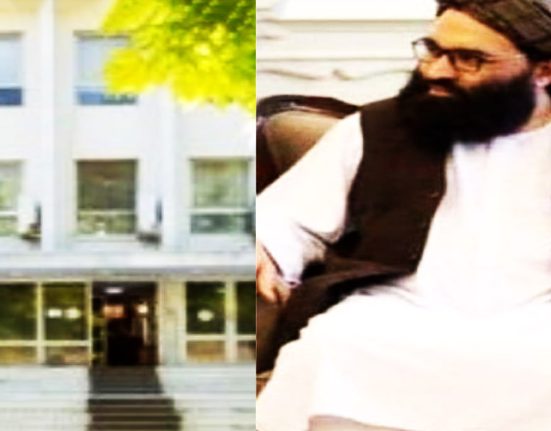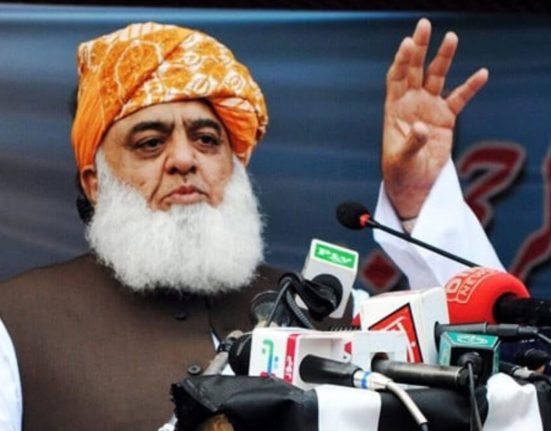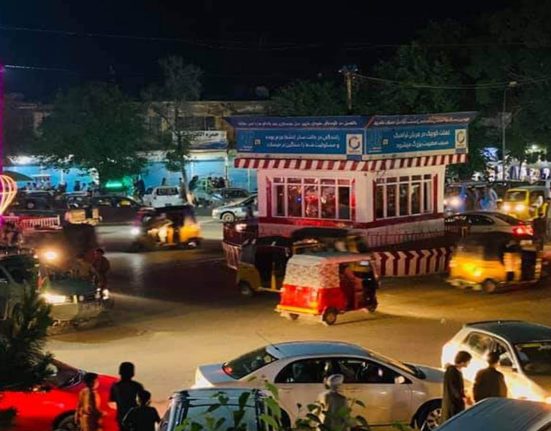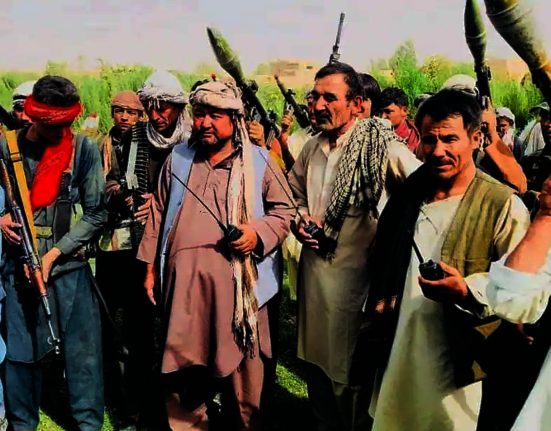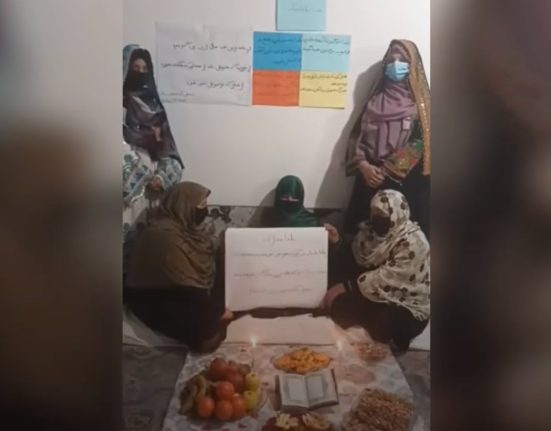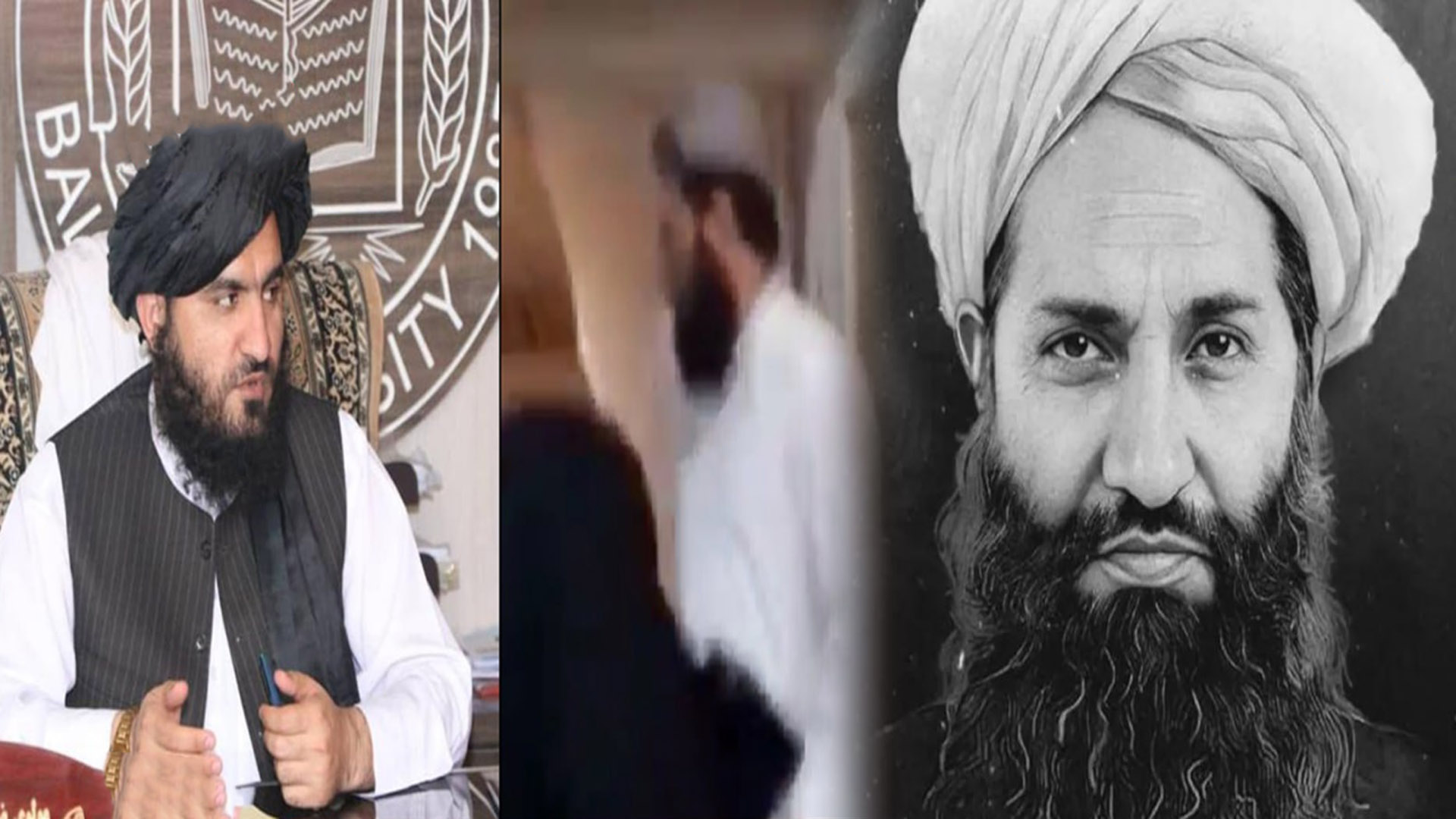
Haibatullah praised the scholars, but did not mention their sexual corruption.
In a meeting with the scholars, Haibatullah Akhundzada, the Taliban leader, called them “the greatest servants of God” and considered their role in guiding society vital.
This is while many of these same scholars are either immersed in moral scandals or justify it with their silence and support.
Meanwhile, the release of a videotape of the sexual scandal of Maulvi Zia-ul-Haq Karimi, the former Taliban head at Balkh University, once again highlighted the obvious duality in the implementation of “sharia” by this group;
Sharia, under which the Taliban regularly flog ordinary people in public and subject them to severe punishment on the pretext of adultery and acts contrary to the Sharia, but when it comes to their own members, silence, lack of response, and deletion of files is the only response of this group.
The unhindered release of Mawlawi Karimi after his scandal was exposed is a clear example of this double standard.
The Taliban leadership’s complete silence on this scandal is neither accidental nor ignorant, but part of a pattern in which corruption at the highest levels is ignored, while the slightest slip-up by ordinary people is met with the harshest punishments.
Despite widespread video releases and public protests, Mawlawi Karimi continues to roam freely, demonstrating that under the Taliban regime, the law is an instrument of repression, not justice.
The Taliban’s dual policy has not only called into question their religious legitimacy, but has also undermined public trust in religion.
This legitimacy crisis is deepening both domestically and internationally, especially with the issuance of international arrest warrants for Haibatullah and the head of the Taliban Supreme Court on charges of crimes against humanity and systematic persecution.
These developments show that the Taliban’s power structure is not based on Sharia, but on discrimination, corruption and impunity.
As such scandals spread, the gap between the people and the Taliban rulers will deepen and the voice of protest, even if suppressed, will not remain silent.


